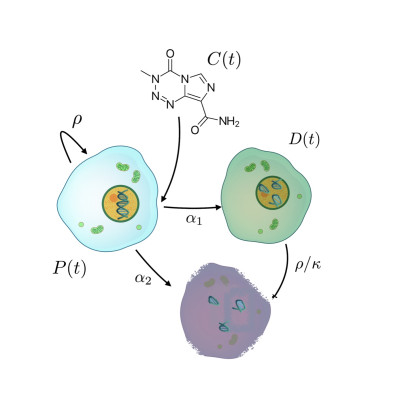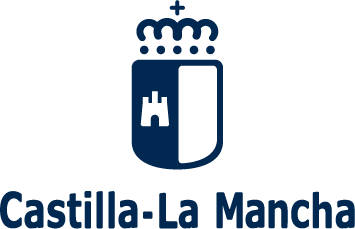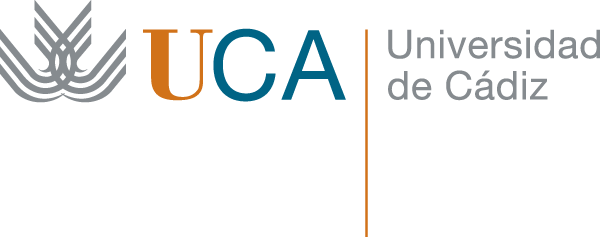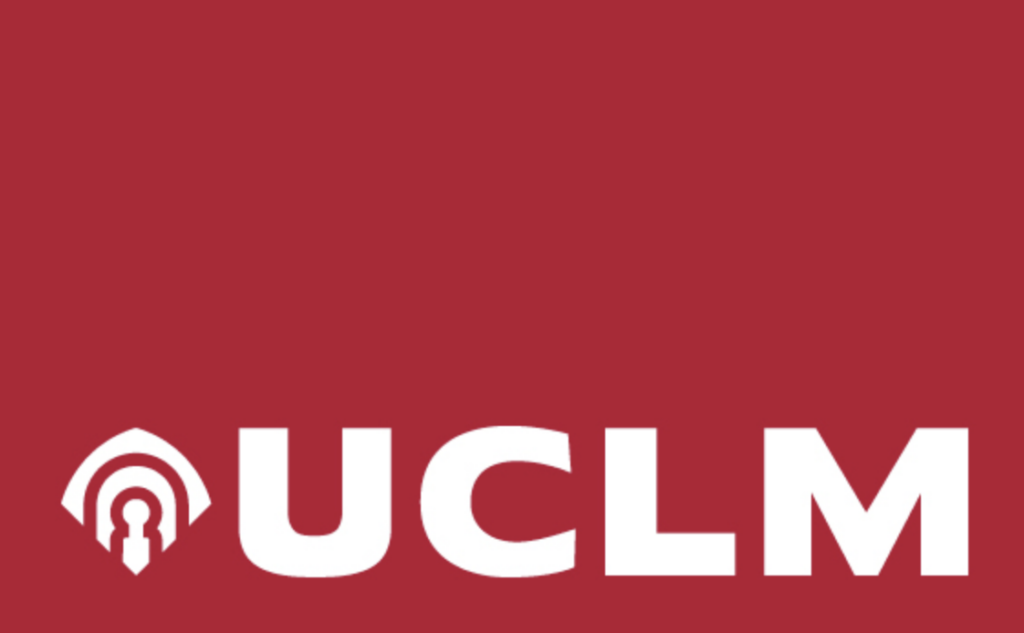Publication
Computational design of improved standardized chemotherapy protocols for grade II oligodendrogliomas.
V.M. Pérez-García, L.E. Ayala-Hernández, J. Belmonte-Beitia, P. Schucht, M. Murek, A. Raabe
PLOS Computational Biology 15(7) (2019) e1006778
MOLAB authors
Abstract
Here we put forward a mathematical model describing the response of low-grade (WHO grade II) oligodendrogliomas (LGO) to temozolomide (TMZ). The model describes the longitudinal volumetric dynamics of tumor response to TMZ of a cohort of 11 LGO patients treated with TMZ. After finding patient-specific parameters, different therapeutic strategies were tried computationally on the ‘in-silico twins’ of those patients. Chemotherapy sched- ules with larger-than-standard rest periods between consecutive cycles had either the same or better long-term efficacy than the standard 28-day cycles. The results were confirmed in a large trial of 2000 virtual patients. These long-cycle schemes would also have reduced tox- icity and defer the appearance of resistances. On the basis of those results, a combination scheme consisting of five induction TMZ cycles given monthly plus 12 maintenance cycles given every three months was found to provide substantial survival benefits for the in-silico twins of the 11 LGO patients (median 5.69 years, range: 0.67 to 68.45 years) and in a large virtual trial including 2000 patients. We used 220 sets of experiments in-silico to show that a clinical trial incorporating 100 patients per arm (standard intensive treatment versus 5 + 12 scheme) could demonstrate the superiority of the novel scheme after a follow-up period of 10 years. Thus, the proposed treatment plan could be the basis for a standardized TMZ treatment for LGO patients with survival benefits.















